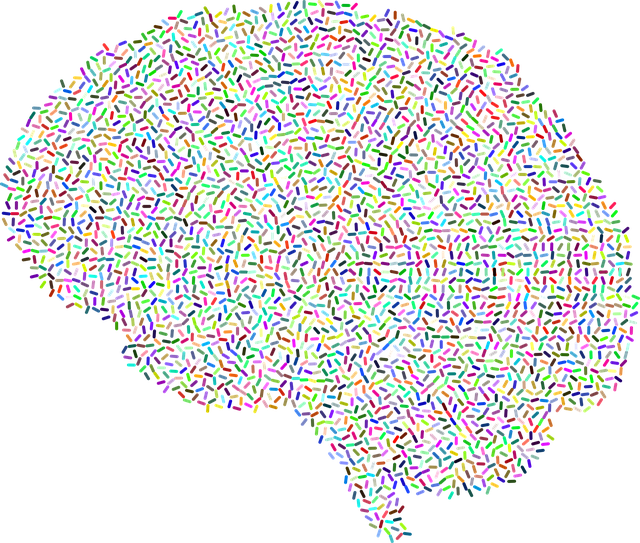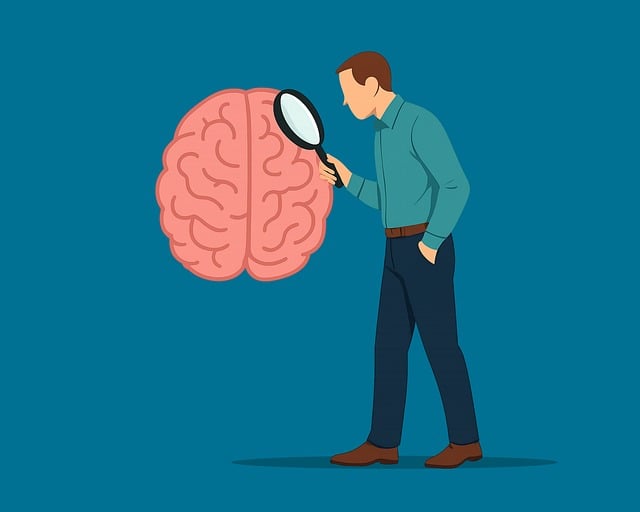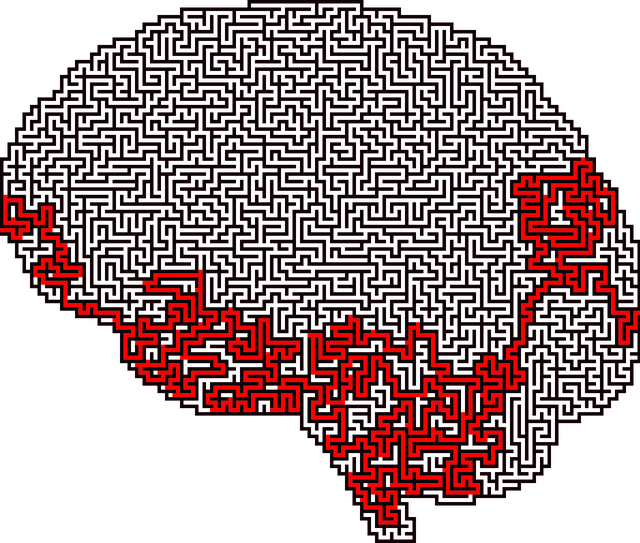Mental health advocacy initiatives worldwide are gaining traction by raising awareness, challenging stereotypes, and promoting access to quality care for individuals with mental health challenges, especially young children diagnosed with neuro disorders. These efforts include systemic changes like cultural competency training for healthcare providers, empowering mental wellness journaling exercises, and tailored therapy approaches such as stress management, communication strategies, and social skills training. Early intervention through play and speech therapies is crucial for enhancing cognitive development and emotional healing. Building supportive communities through peer support groups, awareness campaigns, and educational programs reduces stigma and promotes open dialogue. Recent policy changes have improved accessibility to therapy, empowering parents to seek help for their children with neuro disorders, ultimately ensuring comprehensive care throughout their growth stages.
Mental health advocacy initiatives play a pivotal role in shaping global perceptions and ensuring accessible treatment for young children with neuro disorders. This article delves into several key aspects, including understanding mental health advocacy worldwide, the unique challenges posed by neuro disorders in early childhood, and the transformative power of early intervention. We explore effective community support systems and policy changes that enhance mental healthcare accessibility for kids, focusing on therapy as a vital tool.
- Understanding Mental Health Advocacy: A Global Perspective
- The Unique Challenges of Young Children's Neuro Disorders
- Early Intervention: Unlocking the Potential for Therapy
- Building Community Support Systems for Better Mental Healthcare
- Policy Changes and Their Impact on Accessible Treatment for Kids
Understanding Mental Health Advocacy: A Global Perspective

Mental health advocacy initiatives are gaining global recognition as a crucial aspect of overall wellness. At its core, mental health advocacy involves raising awareness, challenging stereotypes, and promoting access to quality care for individuals facing various mental health challenges. From bustling urban centers to remote rural communities, the need for robust mental health support is evident. In many parts of the world, young children are particularly vulnerable, with neuro disorders often going undiagnosed or untreated due to lack of awareness and limited resources.
Effective advocacy goes beyond individual therapy for young children; it encompasses systemic changes that ensure equitable access to care. This includes initiatives such as healthcare provider cultural competency training, which is vital for building trust and understanding within diverse communities. Additionally, confidence-boosting mental wellness journaling exercises can empower individuals to take control of their mental health and seek support when needed. By combining global perspectives with localized strategies, mental health advocacy initiatives are revolutionizing the way we approach and support mental wellness on a global scale.
The Unique Challenges of Young Children's Neuro Disorders

Young children with neuro disorders face unique challenges that require specialized care and attention. These conditions can significantly impact their cognitive, social, and emotional development, often presenting as difficulties in learning, communicating, and interacting with peers. Early identification is crucial, as timely intervention through tailored therapy for young children neuro disorders can make a substantial difference in their long-term outcomes.
Therapies focusing on stress management, communication strategies, and social skills training have proven beneficial. These approaches help young minds navigate their unique challenges, fostering better coping mechanisms and enhancing their ability to communicate effectively. By implementing these strategies early, advocates aim to empower children with neuro disorders to lead fulfilling lives while navigating the complexities of their conditions.
Early Intervention: Unlocking the Potential for Therapy

Early Intervention plays a pivotal role in fostering resilience and facilitating emotional healing processes for young children facing neuro disorders. By identifying and addressing these conditions at an early stage, therapy can unlock profound potential. This proactive approach allows professionals to implement tailored interventions that not only support cognitive development but also enhance social and emotional well-being. Early intervention strategies often include play therapy, speech therapies, and specialized educational programs designed to nurture a child’s unique needs.
Advocacy for Mental Health Policy Analysis is crucial in ensuring these early intervention services are accessible to all. Through robust policy frameworks, communities can allocate adequate resources, streamline service delivery, and promote awareness about neuro disorders among parents and caregivers. This collective effort paves the way for a more inclusive and supportive environment, where young minds can flourish and develop the coping mechanisms necessary for life-long mental well-being.
Building Community Support Systems for Better Mental Healthcare

Building supportive communities is a key aspect of advocating for better mental healthcare, especially when focusing on therapy for young children with neuro disorders. By fostering connections within local neighborhoods and schools, we can create networks that provide early interventions and ongoing support. This community-oriented approach ensures that parents, caregivers, and educators are equipped with the necessary tools to recognize signs of mental distress in children and offer assistance.
Community support systems also play a crucial role in promoting mental wellness among adolescents and young adults. Initiatives such as peer support groups, mental health awareness campaigns, and educational programs can foster open dialogue and reduce stigma. Encouraging individuals to engage in mood management techniques, like journaling exercises that track emotions and thoughts, can be beneficial for their overall mental wellness. Additionally, risk assessment tools designed specifically for mental health professionals can help identify at-risk clients and provide appropriate guidance.
Policy Changes and Their Impact on Accessible Treatment for Kids

In recent years, policy changes have significantly influenced the accessibility of treatment for young children suffering from neuro disorders. Initiatives focusing on expanding insurance coverage for mental health services have been instrumental in ensuring that more kids can access therapy. These policies not only cover a broader range of treatments but also emphasize early intervention, acknowledging the vital role of timely support in mitigating long-term effects. As a result, parents and guardians are better equipped to seek help for their children’s emotional and behavioral challenges.
Community outreach programs have played a crucial role in this shift, raising awareness about mental health issues among families and providing resources for self-awareness exercises and self-care practices tailored for young minds. Such initiatives bridge the gap between professional care and community support, fostering an environment where therapy becomes not just accessible but also embraced as a tool for holistic development. This collective effort promises to enhance the overall well-being of children with neuro disorders, ensuring they receive the comprehensive care they need at every stage of their growth.
Mental health advocacy plays a pivotal role in shaping a future where every young child with neuro disorders receives quality therapy. By understanding global perspectives, addressing unique challenges, and fostering community support, we can ensure that policies promote accessible treatment. This holistic approach is crucial to unlocking the potential of children affected by neuro disorders, ultimately enhancing their mental healthcare landscape.












